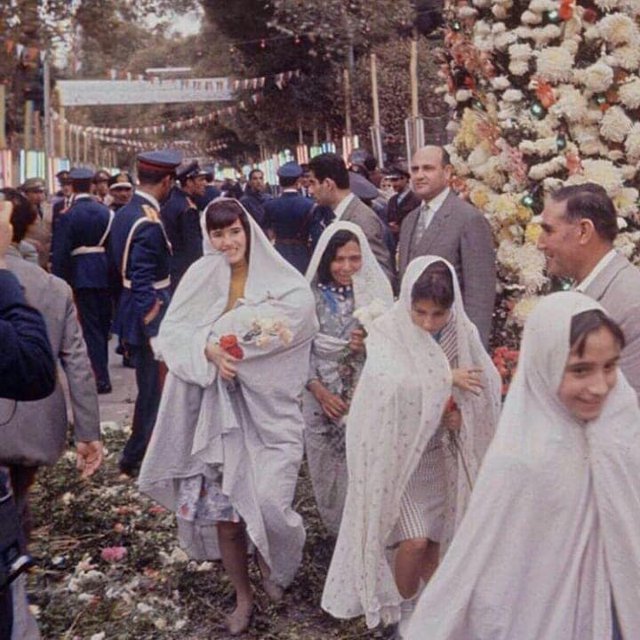Since going into exile, Reza Pahlavi has been active in political discourse. He advocates for a secular, democratic system, emphasizing the principles of human rights, freedom of expression, and equality before the law. Although often associated with monarchist movements, Reza Pahlavi has stated that the people should decide their own form of government — whether a constitutional monarchy or a republic — through a free and fair referendum. He has also spoken out against the Islamic Republic’s leadership, supporting nonviolent civil resistance and calling for unity among opposition groups to bring about political change. In recent years, he has sought to position himself as a symbolic unifier rather than a traditional political leader.
These are the international commemorations observed by UNESCO. The United Nations designates specific days, weeks, years and decades as occasions to mark particular events or topics in order to promote, through awareness and action, the objectives of the Organization. Usually, it is the Member States that propose these observances and the General Conference establishes them with a resolution. In 1950, the General Assembly approved the first international day — Human Rights Day — to be observed on 10 December in remembrance of the Universal Declaration of Human Rights proclaimed on 10 December 1948.


